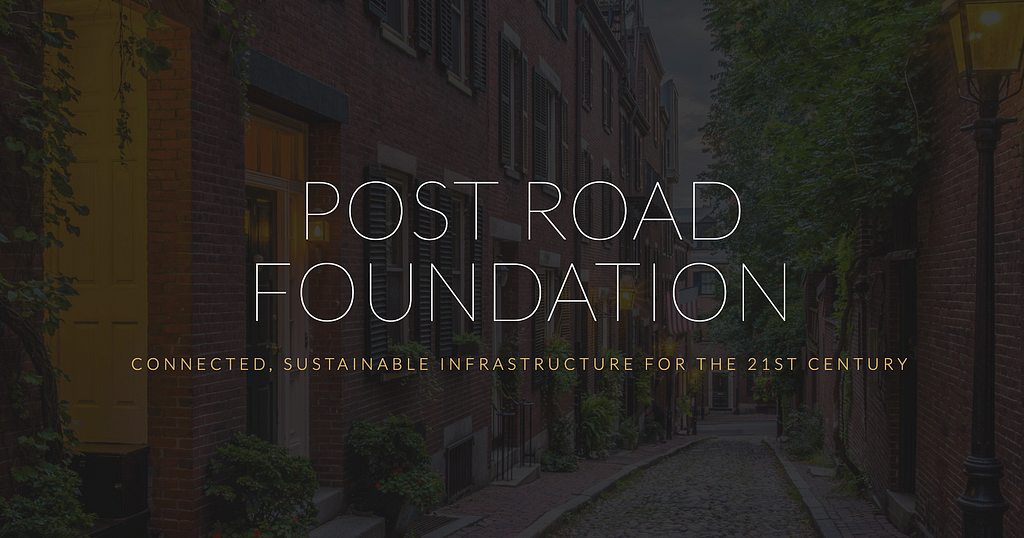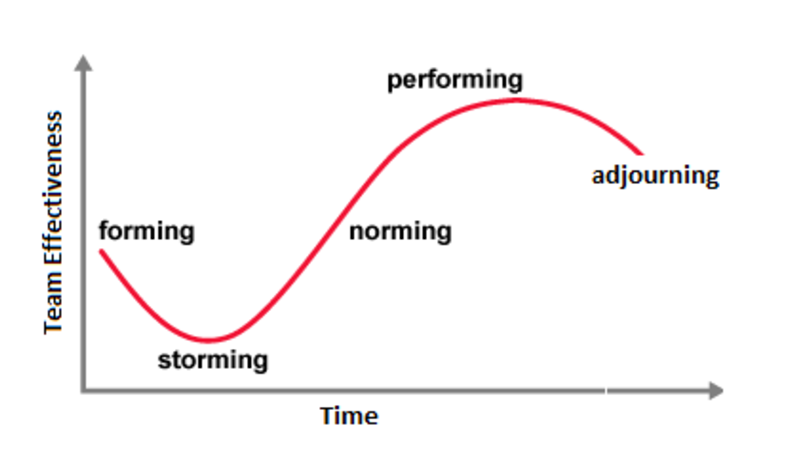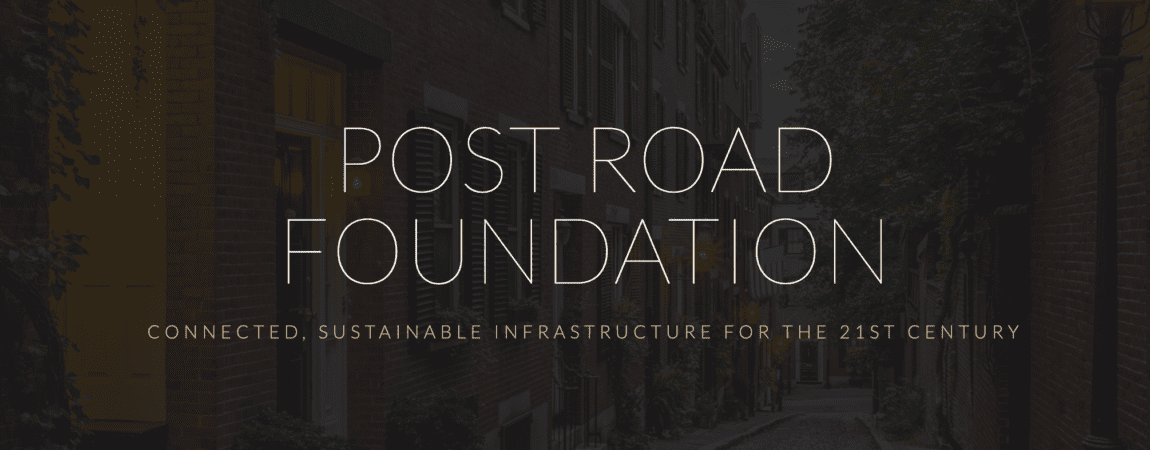Capstone in real-time: Following the journey of the 2020-21 Post Road Foundation team and how they fostered effective team communication
Every year, Berkeley Master of Engineering candidates embark on a two-semester capstone experience where they work with faculty or industry partners to bring solutions to life with engineering skills and leadership practices. The capstone experience program references the five stage model of team development to emphasize that certain challenges are more likely to happen at particular junctures in the team development process.


First challenge: Fostering effective team communication
At the beginning of the project, or the “forming” stage of team development, the Post Road team expressed a variety of initial logistical and technical worries: learning how to code, scheduling coordination, and optimizing virtual communication among the team members. Due to limitations associated with working in an exclusively remote environment, these challenges appeared more formidable to overcome than in the usual in-person setting. Despite this, the team continued to forge ahead step by step. Instead of getting bogged down with their worries, they were quick in identifying mediating solutions. At this early stage, they tackled their communication and scheduling concerns with…Key decisions that promoted *effective communication*:
- Rotate leadership and management roles throughout the semester, so that each team member would have a chance to lead and learn how they are as a leader.
- Identify and document all capstone-related deadlines and review them at each team meeting.
- Set up recurring meetings with advisors and mentors in advance.
- Set aside time for team-building social gatherings.
Downstream effect:
These key decisions ultimately helped with team organization, alleviated anxiety, and built trust with all who were involved. Unbeknownst to the team at that moment, one critical decision — prioritizing (virtual) social gatherings — made all the difference in the later stages of their capstone journey. After a long week of learning, developing, and iterating, having some down time to watch a silly movie such as The Spy Who Dumped Me allowed the team to laugh and relax with each other. These moments were important in breaking down remaining misconceptions (e.g., perceptions that team members were intimidating) and further building trust. Next: Read about how the Post Road team avoided getting stuck → Connect with the 2020–21 Post Road Foundation team: Bogdan Cristei (IEOR), Elliot Suen (CEE ), Sarah Gunasekera (ME), Sydney Holgado (CEE) Compiled and edited by the Fung Institute team.Post Road Foundation capstone team: Fostering effective team communication (1/3) was originally published in Berkeley Master of Engineering on Medium, where people are continuing the conversation by highlighting and responding to this story.


